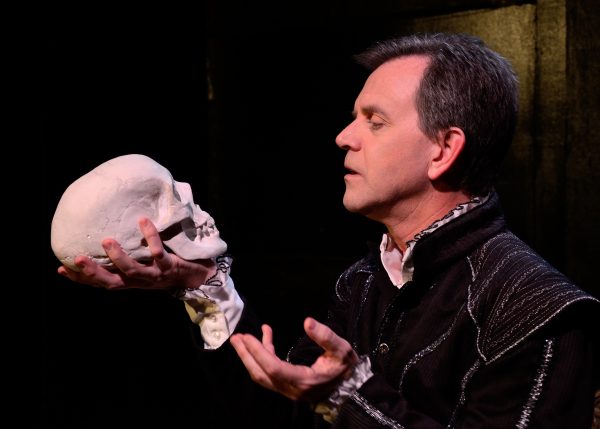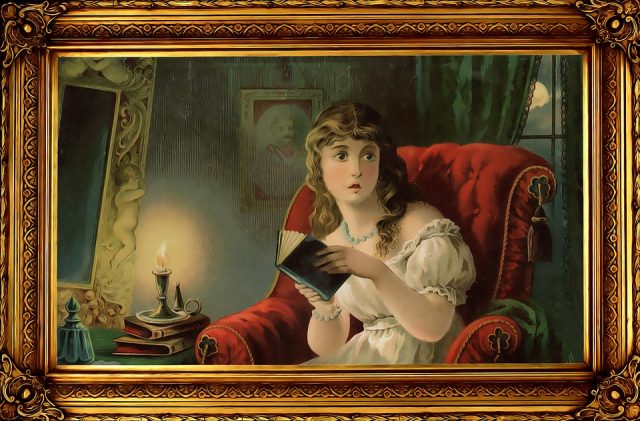The single oddest piece of memorizing advice I’ve ever gotten came in eighth grade. We had to memorize Lewis Carroll’s poem “Jabberwocky,” and my teacher recommended that we sit in an empty bathtub and read it out loud to ourselves. I didn’t try it, but I hear it worked.
To me, the most important part of that exercise was that we were told to read it out loud. Most books tend to be things you sit and read quietly, in your head. There are, however, some exceptions. Things that deal with rhyme and rhythm, like poems, are best read out loud. And so are plays.
Romeo and Juliet is perhaps the most-read play in the Western canon, with Hamlet and Macbeth running close seconds. There are worse things, I suppose. I spent most of the school days devoted to Romeo and Juliet laughing at the Nurse, but somewhere along the line I realized why those classes bored me so much: they treated plays the same way they treated novels.
I majored in theatre in my undergrad, and among all the analysis techniques and design classes, I learned how theatrical pacing works. Good playwrights convey the personalities of their characters in the rhythm and shape of their lines, and that isn’t something that’s easy to get from a silent reading.
For instance, Shakespeare uses repetition in really clever ways. In Troilus and Cressida, Act I Scene 3, Nestor says:
“In the reproof of chance/Lies the true proof of men.”
Reading this using Shakespeare’s emphasis patterns means that the emphasis lands on the syllable “proof” both times it turns up, in the word “reproof” and by itself in the next line. A similar idea turns up at the end of the same speech in the line:
“why, then the thing of courage/As roused with rage with rage doth sympathize,” except this time with the syllable “rage.”
That last line also points to an oddity of plays: sometimes the meaning isn’t clear until it’s read out loud. Every year, in classrooms across America, eighth grade students read the first scene of Romeo and Juliet out loud, and whichever poor student is playing Capulet bellows “Give me my long sword, ho!” and the entire class starts snickering. Now, Shakespeare’s humor is juvenile, but the word “ho” is not a sexist pejorative to him; instead, it means something like “right now.” That’s a misunderstanding you might never notice if it wasn’t read out loud.
Also, reading things out loud is just way more fun, in my humble opinion.
So if you’re ever reading a play for any reason, don’t be afraid to get up and act it out! Unless you’re on a road trip. Or in an airport or library. And if you’re in a bathtub, just be careful. Basically, please don’t spook people or hurt yourself, okay?
Some novels are this way, too. Can you think of any?
YouTube Channel: David Tennant TV
Featured image via Pinterest




